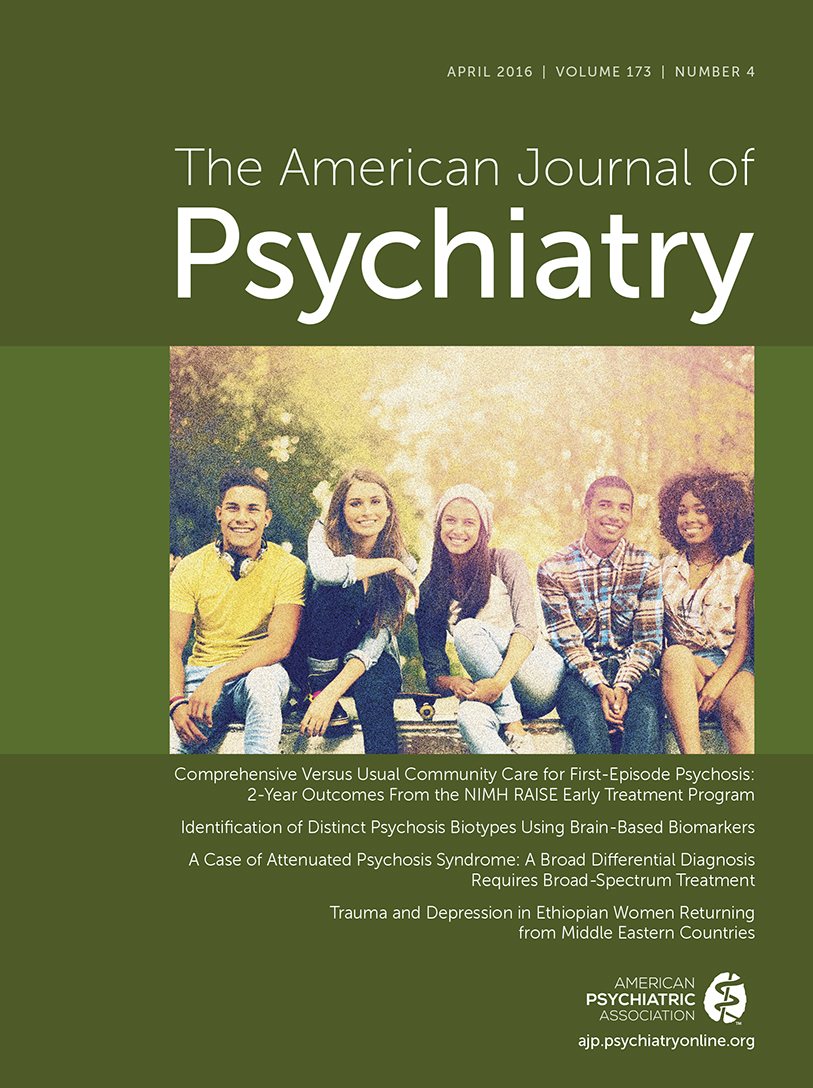Marijuana: The Unbiased Truth About the World’s Most Popular Weed

Marijuana has been used worldwide for the past 5,000 years as a medicinal and recreational drug. Attitudes toward marijuana in the United States have dynamically shifted over the last 60 years, going back and forth from prohibition to legalization and every which way in between.
In 2016, marijuana has been transformed into an acceptable form of recreation and medication, and it is enjoying a renaissance in popular culture and a push toward national legalization. The view of many Americans (especially adolescents) is that marijuana is not nearly as harmful as “harder” drugs like cocaine, heroin, or amphetamines and that, in fact, it can play a role in easing suffering associated with chronic medical illnesses. The business of marijuana growth, cultivation, distribution, and marketing has become corporate, complete with stocks, shareholders, boards of directors, and infrastructure that have never existed.
Even with the rise in acceptance of marijuana, there is still controversy, myth, and debate about the precise role that marijuana plays in creating, worsening, or improving mental health conditions. With this background in mind, Dr. Kevin Hill has taken on the task of writing a book designed to scientifically summarize what is known about marijuana while providing a fresh and objective perspective. He presents evidence-based findings that attempt to dispel common myths about the short- and long-term consequences of marijuana use.
Dr. Hill is an addiction psychiatrist and researcher at McLean Hospital and an emerging leader in the academic field of addiction psychiatry. His research interests include developing effective pharmacological treatments for addictive disorders. Throughout this book, he uses a balanced and comprehensive approach to juxtapose the marijuana legalization debate with clinical research findings and case vignettes from patients.
The book is organized into four sections: “The Problem,” “The Three Myths,” “Policy,” and “Treatment.” In section one, the author explains what he believes to be the major problem with the current debate—that there is a gap between the science of marijuana and the public perception influenced by biased and agenda-driven sources. Because the effects of regular marijuana use are insidious and rarely cause catastrophic events, it has been difficult to visualize and quantify marijuana addiction in the same way as other illicit drugs.
In part two, evidence from clinical trials is used to dispel three common misconceptions about marijuana: marijuana is not harmful; marijuana use cannot lead to addiction; and stopping use of marijuana does not cause withdrawal. Dr. Hill describes data showing associations between regular marijuana use and slow development, a critical issue for adolescent users. He also describes links between marijuana use, generalized anxiety, and increased risk of developing psychosis. To counter the myth that marijuana cannot lead to addiction, the author points to the shared chemical basis of marijuana use with addictive behaviors, namely dopaminergic surges, and references the genetic heritability of marijuana addiction. Lastly, in addressing the myth that marijuana cannot cause withdrawal when discontinued, he points to the large body of research supporting the inclusion of marijuana withdrawal symptoms such as irritability, anxiety, and difficulty sleeping in DSM-5 as a distinct clinical problem.
Part three opens with arguments both in support of and against decriminalization and legalization of recreational marijuana. Dr. Hill emphasizes a major discrepancy between the intention of the prolegalization argument to decriminalize possession of a “personal” amount of marijuana and the way the law is written, defined as one ounce in some states. This amount is much greater than what can be used by one person and thus does represent the spirit of the law. Part three concludes with a discussion of the proven efficacy of medical marijuana for various conditions, including nausea and vomiting, associated with chemotherapy as well as with appetite stimulation in wasting illnesses. For many other illnesses, the evidence supporting marijuana treatment is inconclusive and requires further research.
Part four focuses on psychotherapeutic and pharmaceutical treatments for marijuana addiction. Conceptualizing marijuana addiction, now categorized as cannabis use disorder, as a chronic medical illness further elucidates the need for developing effective treatments approved by the Food and Drug Administration.
The author’s goal in this book is to educate and provide a thoughtful, evidence-driven viewpoint on marijuana. This is a contemporary summary of the scientific evidence base, and it is a high-quality read because it is not full of politics, it is not agenda driven, and it is not full of lengthy intellectual discourse. Dr. Hill succeeds in highlighting the common misconceptions surrounding marijuana and how they have shaped, and will continue to shape, policy decisions. This book is of value to any health care professional, legislators, administrators, and anyone interested in reading a fair and balanced work on marijuana and its effects on mental health.



